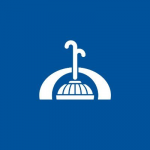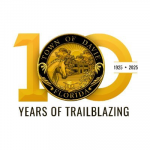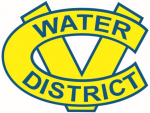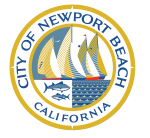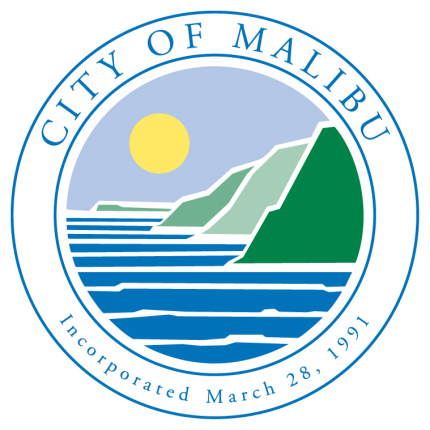Top Utilities Jobs and Career Opportunities

Utilities Industry Overview
The utility industry is crucial in providing essential services that power modern life, such as electricity, natural gas, water, and wastewater. These services keep communities running smoothly and ensure the well-being of millions of people.
Public utilities are central to the daily lives of individuals and businesses alike, whether they power homes, ensure clean drinking water, or treat wastewater.
As a public utility, the industry’s commitment extends beyond profits to community service, offering reliability and efficiency in everything it does. This sense of purpose makes the utility industry attractive for job seekers looking for opportunities that combine stability with the opportunity to make a real impact.
From roles in natural gas to wastewater services and other areas, the industry offers various positions that span technical, managerial, and customer-focused jobs.
Job Opportunities in Utilities
If you’re looking for a career that offers long-term stability, the utility industry provides diverse job opportunities in various fields, such as engineering, operations, finance, human resources, and customer service.
Utilities are an essential service, so many organizations—whether public utility companies, private firms, or government agencies—are always looking for qualified individuals to fill key roles.
Here are some of the typical areas where job opportunities can be found:

- Engineering: Engineers in utilities design and maintain the complex systems that provide gas, electricity, and water services. These roles may include electrical, mechanical, and civil engineering positions.
- Operations and Maintenance: Operations teams ensure systems function smoothly, dealing with issues in real-time and coordinating maintenance to prevent downtime.
- Customer Service: Customer-facing roles include helping individuals and businesses with utility services, providing information, troubleshooting issues, and handling billing inquiries.
You can search for job opportunities by location, job title, or company, making it easier to find a role that suits your interests and expertise.
Career Paths and Advancement
The utility industry offers job opportunities and supports long-term career growth. Many companies in this sector invest heavily in their employees, providing training and development opportunities that allow individuals to build skills over time. Whether you’re interested in climbing the ladder to management or expanding your knowledge in a specialized area like engineering or finance, the utility industry encourages ongoing learning.
Common career paths include:
- Engineering Careers: You can start in a junior engineering position and work your way up to a senior engineer or managerial role, where you would oversee a team of engineers.
- Operations Management: Operations roles often lead to leadership opportunities, where employees manage teams and systems to ensure the reliability of services.
- Human Resources and Management: For those with skills in managing people and resources, there are opportunities to move into human resources and upper management positions responsible for policy, hiring, and employee retention.

With these opportunities, employees can expand their careers while gaining new skills, making the utility industry a dynamic and rewarding space for career advancement.
Human Resources and Company Culture
When evaluating a career in utilities, it’s essential to consider the company’s human resources policies and overall culture. Most utility companies strive to create a community-oriented atmosphere with a strong focus on teamwork, collaboration, and safety.

Utility companies often provide comprehensive benefits, including health insurance, retirement savings plans, and generous paid time-off policies. These packages make the industry competitive when compared to other sectors. Additionally, most companies offer employee training programs to ensure everyone has the skills necessary to thrive and progress within the company.
Understanding the application process can also help. When applying for utility roles, expect a structured process, including online applications, assessments, and multiple interviews. Given the importance of these companies’ services, the hiring process is often thorough, but it also ensures a good fit between the candidate and the company’s culture.
Featured Utility Jobs
If you’re interested in taking the next step, here are a few featured job opportunities in the utilities industry:
- Electrical Engineer: Focused on designing, developing, and maintaining electrical systems that power communities. The salary range can vary but is generally competitive, with benefits such as health insurance and retirement plans.
- Operations Manager: Responsible for overseeing the daily operations of utility services like water treatment or natural gas distribution. This role typically includes a robust compensation package and leadership opportunities.
- Customer Service Representative: Often the first point of contact for customers with utility-related queries, this role requires excellent communication skills and offers entry-level opportunities for growth within the company.
By visiting the human resources page of most utility companies or using job search platforms, you can apply for roles directly. Most companies provide a seamless online application process that allows candidates to submit resumes and track application progress.
Benefits and Compensation in Utilities
Utilities companies are known for offering competitive benefits and compensation packages. Here’s what you can typically expect:
- Health Insurance: Comprehensive plans that cover medical, dental, and vision, along with preventative care services.
- Retirement Plans: Many companies offer a 401(k) plan with matching contributions, ensuring long-term financial security.
- Paid Time Off: Employees are often given generous vacation, paid holidays, and sick leave.
Salaries vary depending on the job role and location. Still, jobs in the utilities industry are often considered secure, with ample room for wage growth, particularly as employees advance into more senior roles. Many companies also invest in training and professional development programs, helping employees build the skills they need to move up within the organization.
Getting Hired in Utilities
The application process for utility jobs can be straightforward, though it varies from company to company. Many utilities employers provide clear guidelines on how to apply through their website or human resources portal. Typically, this involves filling out an online application, uploading a resume, and potentially undergoing an interview.
Depending on the position, the interview process may involve meeting with multiple team members or department heads. Applicants should be prepared to discuss their qualifications, experience, and how they can contribute to the team’s goals. Often, a skills assessment will be part of the process, ensuring that candidates possess the qualifications for their respective roles.
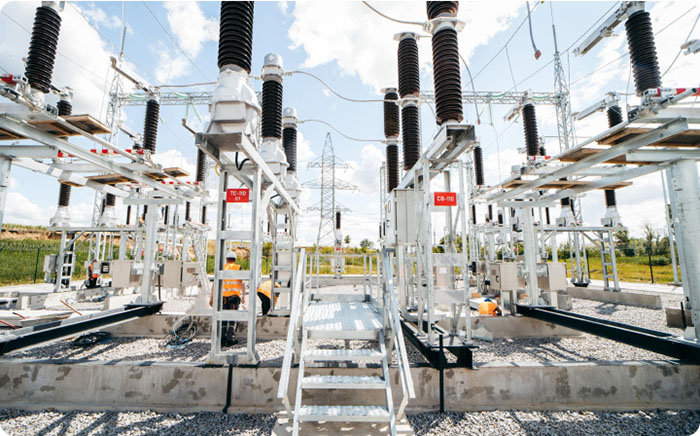
Utilities Industry Outlook and Trends

The utilities industry is evolving, particularly with the rise of renewable energy and technological advancements. This shift is opening new doors for job seekers, especially in areas like engineering and operations management, where knowledge of green energy solutions is increasingly in demand. Additionally, companies are emphasizing sustainability and digital transformation more, creating fresh opportunities for forward-thinking individuals.
These advancements also mean that the utility sector is more dynamic than ever, offering job stability and exciting growth opportunities. Whether you’re just starting your career or looking to advance in your field, the utility industry provides a broad spectrum of roles catering to various interests and skills.
In summary, the utility industry offers many career opportunities in engineering, operations, customer service, and management, with competitive compensation and strong benefits packages. Whether you’re interested in training for career growth or exploring the cutting-edge technologies shaping the future of utilities, this industry provides ample opportunities for professional development and job security.







